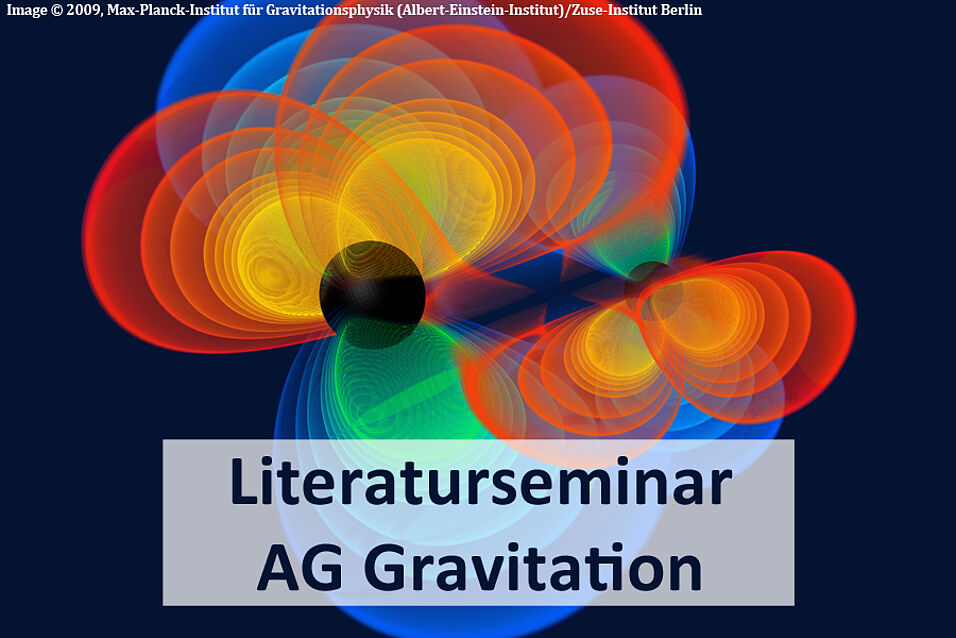A curious fact about indistinguishable quantum particles is that there are only two types of statistics: bosonic and fermionic. The question of why only these two types of particles are admissible is usually solved via the discrete exchange symmetry of their associated quantum states. Within this approach, one proceeds naturally with the construction of (anti)symmetric wave functions and the corresponding Fock space.
In this talk, I will present an alternative, operational approach in which the Fock space is postulated from the beginning.
I will show that the unitary evolution of non-interacting particles is compatible with the Fock space structure only in certain cases. More precisely, I will show that the representations of the unitary group associated with the non-interacting model are classified according to the type of particle statistics. We have found the standard bosonic and fermionic representations, but also infinite classes of new types of particle statistics that (at least to our knowledge) have not previously appeared in the literature. Although a valid mathematical solution to the problem, the physical background of these anomalous statistics remains to be clarified.
Borivoje Dakic (Vienna): Operational reconstruction of quantum particle statistics

